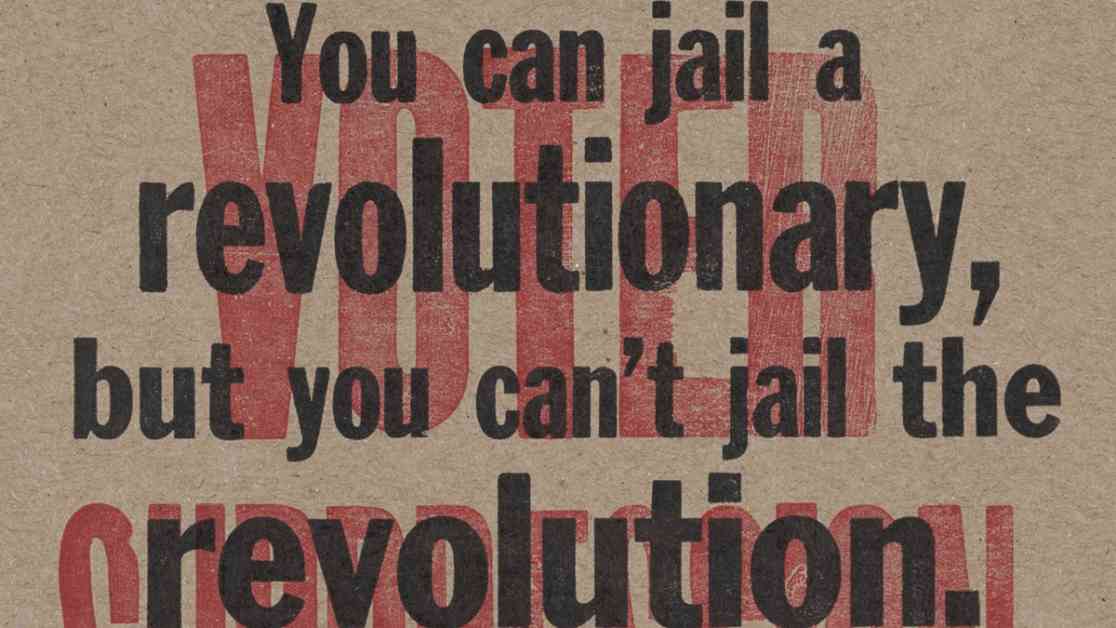The impact of incarceration goes beyond lost years of freedom and missed opportunities. Prisons in Illinois and across the country have a hidden cost that affects society as a whole: lost votes. This year, more than 28,000 Illinoisans will be unable to cast a ballot in the upcoming presidential election due to state voter disenfranchisement laws.
While the 15th and 19th Amendments prohibit voter discrimination based on race and sex, laws protecting the right to vote for individuals impacted by the legal system vary by state. Some states, like Vermont and Maine, have laws that protect the voting rights of incarcerated individuals. However, other states, such as Virginia and Mississippi, restrict or fully exclude those with felony records from voting.
Illinois is one of 23 states that prevent people from voting while they are incarcerated in prisons, reentry centers, or transitional living homes. Individuals on furlough or work release are also barred from voting, while those who have been released and are completing probation or parole can vote.
According to a study by the John Howard Association, the average prison sentence in Illinois is about 18 years. This means that individuals may miss out on voting in up to four presidential elections during their incarceration.
Disenfranchisement laws have a significant impact, with an estimated 5.2 million people nationwide barred from voting in 2020 due to convictions. Nicole Porter, from the Sentencing Project, points out that the impact of disenfranchisement extends beyond those directly affected, leading to widespread misinformation about voting rights.
While some progress has been made in restoring voting rights for individuals with felony convictions, many people are unaware of these changes. Education and awareness are crucial in combating de facto disenfranchisement. Individuals like Michaela Panzica, who is currently incarcerated at Logan Correctional Center, emphasize the importance of voting and the need for accurate information.
DeAndre Davis, incarcerated at East Moline Correctional Center, highlights the lack of emphasis on voting in his community and the importance of civic engagement. He stresses the need for education on local elections and the impact of policies on marginalized communities.
Toussaint Daniels, a former inmate turned civic instructor, advocates for the importance of voting and civic engagement in communities. He emphasizes the need for individuals to be informed and active participants in the democratic process.
Voter disenfranchisement can have long-lasting consequences for individuals who have been incarcerated, even after their voting rights have been restored. The perception that people with felony convictions cannot vote leads to a lack of representation and exclusion from policy discussions, according to the Sentencing Project.
By excluding incarcerated individuals from voting, policymakers are further marginalizing this population and denying them a voice in decisions that affect their lives. Restoring voting rights to those impacted by the criminal justice system can lead to increased community engagement and a sense of connection.
The benefits of restoring voting rights extend beyond shaping policy and holding officials accountable. Civic engagement is essential for community safety and ensuring that all voices are heard in the democratic process.


